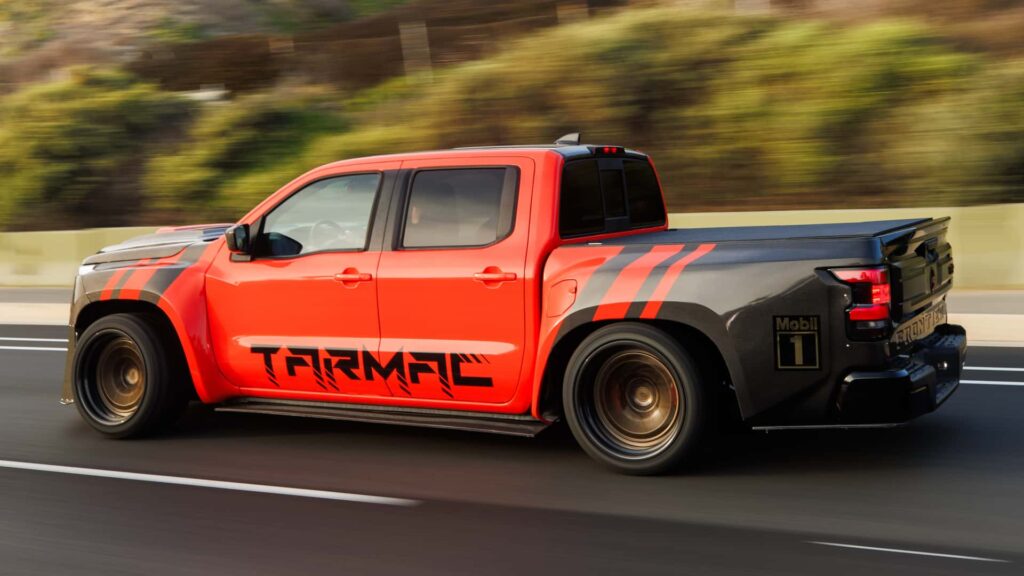Comments from CATL CEO Robin Zeng might indicate how Chinese players will navigate a second Trump administration. By Stewart Burnett
After years of mounting tensions between the US and China around electric vehicles (EVs), battery giant CATL is looking for an inroad. On 13 November 2024, the company’s Chief Executive, Robin Zeng, told Reuters he would consider building a US factory if president-elect Donald Trump opens the door to local Chinese investment. “Originally, when we wanted to invest in the US, the US government said no. For me, I’m really open-minded.”
Protectionist policies have made it difficult for Chinese EV players to establish a presence in the US. Trump was the first mover in the broader trade war, which he initiated during his first presidential term. However, the succeeding Biden Administration homed in China’s EV and battery firms—both of which benefit heavily from state subsidies—to shore up the competitiveness of US domestic brands and protect American workers.
Chinese EV makers now face blanket duties of 100% when exporting to the US, a move recently mirrored by Canada. The US’ tariff rates on lithium-ion batteries, for which China boasts supply chain dominance, are comparably far lower but still saw an increase from 7.5% to 25% in 2024. This is an area where there remains hope for China to build trade inroads: many Western automakers, including Tesla, still depend on it for their batteries.
While there has been movement to onshore EV battery supply chains, partially through the grants and subsidies laid out in the 2022 Inflation Reduction Act (IRA), progress remains at a relatively early stage. Planned battery plants, such as Ford’s in Michigan, have been scaled downwards to reflect lower-than-expected EV demand. Once set to cost US$3.5bn and boast a production capacity of 35 GWh, it will now cost US$2bn with a 20 GWh capacity.
Ford also plans to licence CATL’s technology for battery production. In February 2024, Florida Republican Senator Marco Rubio called for Congress to investigate Ford’s plans, writing: “I am alarmed at Ford’s plan to establish a large, Michigan-based factory, structured as a wholly-owned subsidiary that licences its technology from CATL. As such, I write to […] demand that no foreign funds—especially monies or tax credits granted via the IRA […] go to enrich PRC national champion CATL.” On 11 November, The New York Times reported that the Trump transition team will name Rubio to serve as Secretary of State in the incoming administration.
CATL is currently a major supplier to Tesla’s Shanghai factory—its largest and most profitable—which the automaker also uses to export EVs to Europe. Tesla also has a deal to license CATL technology for battery production in Nevada. Zeng told Reuters that the licencing deal would allow Chief Executive Elon Musk to focus capital on realising autonomous vehicles and other artificial intelligence (AI) technologies. Musk has been attempting to transform the Tesla brand into an “AI company”. The company held its long-awaited robotaxi event in October 2024 to mixed reactions.
Trump has promised to intensify the trade war with China. However, he has also indicated a willingness to allow Chinese EV players to do business within the US under certain conditions. The president-elect told Reuters in August 2024: “We’re going to give incentives, and if China and other countries want to come here and sell the cars, they’re going to build plants here, and they’re going to hire our workers.” Musk, who was named alongside Vivek Ramaswamy on 12 November to lead the all-new ‘Department of Government Efficiency’ (DOGE), may prove influential over Trump’s willingness to make concessions to China.
Allowing CATL to establish local production would enable US players to do business with the battery giant without sacrificing their customers’ eligibility for subsidies. During the Biden Administration, tax credits of up to US$7,500 for the purchase of a new EV were implemented. The future of these tax credits and the incentives laid out in the IRA more broadly are now uncertain. Lee Zeldin, recently named to lead the Environmental Protection Agency, has previously joined Rubio in voting against the IRA. The framework of Trump’s own trade policies, and CATL’s ability to operate within it, may well depend on who can bend his ear most effectively.


